Szatmárcseke Calvinist Cemetery
Hundreds of boat-shaped headstones fill this graveyard as part of a centuries-old custom with mysterious origins.
Szatmárcseke is a small village in Hungary, located close to the border with Ukraine. It contains a rather peculiar cemetery, where nearly all the approximately 600 grave markers are carved from dark oak in the shape of upturned boats bearing human-like faces.
The roots of this centuries-old tradition are a mystery. One theory is that the boats symbolize an old belief about death being part of a journey. Another theory is that dead bodies were once floated to their burial sites on vessels which were subsequently up-ended, carved, and used as headstones.
Despite the tradition’s murky history, the practice is still carried on today. Residents of the village consider the markers an important part of their culture and customs.
Before a local dies, he or she picks a tree that will one day be felled to form his or her own marker. The residents also leave specific instructions with their chosen woodworker. The boat-shaped pieces of wood must meet a strict set of criteria: They must be made of oak, be between about five feet and 6.5 feet high, and face west.
Some of the oldest boat markers are located in a separate area which was once reserved for Romani Hungarians and the victims of suicide. The cemetery also contains the marble tombs of the Kölcsey family, including that of Ferenc Kölcsey, a Hungarian poet and politician who wrote the country’s national anthem and died in the village in 1838.
Know Before You Go
Szatmárcseke is a peaceful and friendly village located in a fairly remote spot that's easy enough to drive to. The cemetery is located to the rear of the Calvinist Church. A local woodcarver who lives close to the cemetery sells small hand-carved models of the grave markers as souvenirs.
Plan Your Trip
The Atlas Obscura Podcast is Back!



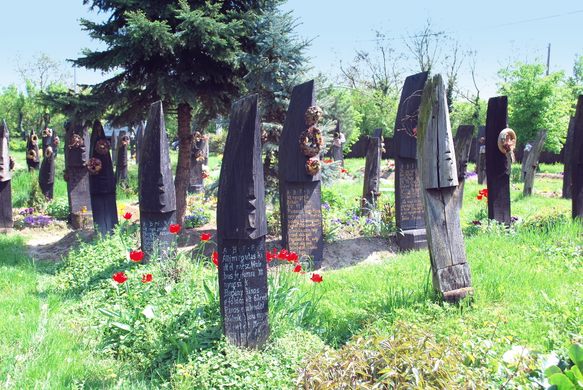

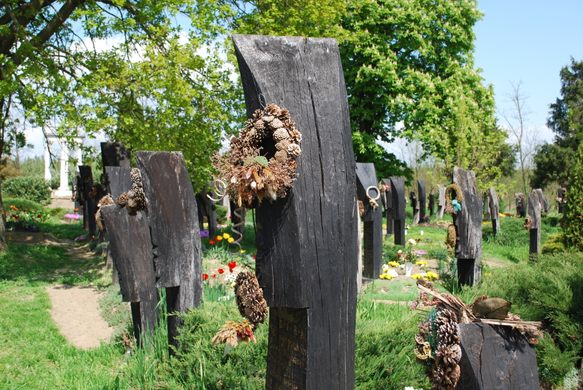





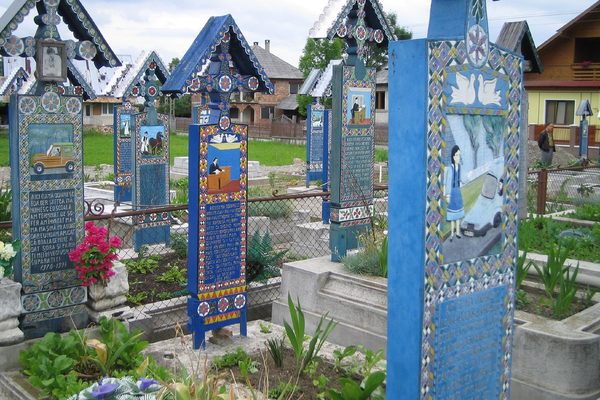


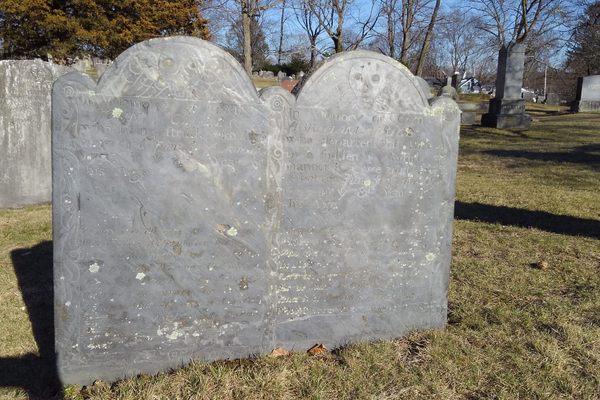
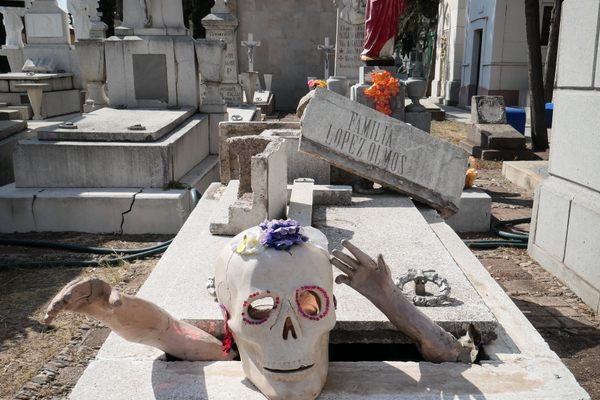




Follow us on Twitter to get the latest on the world's hidden wonders.
Like us on Facebook to get the latest on the world's hidden wonders.
Follow us on Twitter Like us on Facebook